Last Updated on August 2, 2021
Story: RADIOACTIVE covers the life of famed scientist Marie Curie, including her marriage and working relationship with Pierre Curie and the discovery of radioactivity.
Review: Here’s a hot take that will surely ruffle some feathers: Scientist Marie Curie deserves all the praise she has received/will receive from now until the end of time, her achievements shaping the world as we know it. There, it needed to be said. In fact, the magnitude of her work in chemistry and radioactivity (among much more), is so large it would seem folly to try and illustrate it all in a single 113-minute film. But, by God, does the new biopic, RADIOACTIVE, give it a shot, only to crumble under the weight of its own ambition and narrative scope to result in a so-so film about an incredible human being.
Adding itself to the mix of biopics that start at the end – with Curie (Rosamund Pike) being raced through the hospital during the remaining hours of her life – director Marjane Satrapi’s film from Lauren Redniss and Jack Thorne’s script wastes little time rapidly checking off the boxes of Curie’s life and work. A young scientist (then going by Marie Sklodowska) tossed aside by her all-male peers, Curie is uncompromising, brilliant and suffers no foolishness as she tries to make scientific breakthroughs on her own terms. Failing to get funding from more men in charge, she bumps into Pierre Curie (Sam Riley), and after her social awkwardness makes way for plenty of charm, the two begin to work together and fall in love – paving the way for work that would become, to undersell it, groundbreaking.
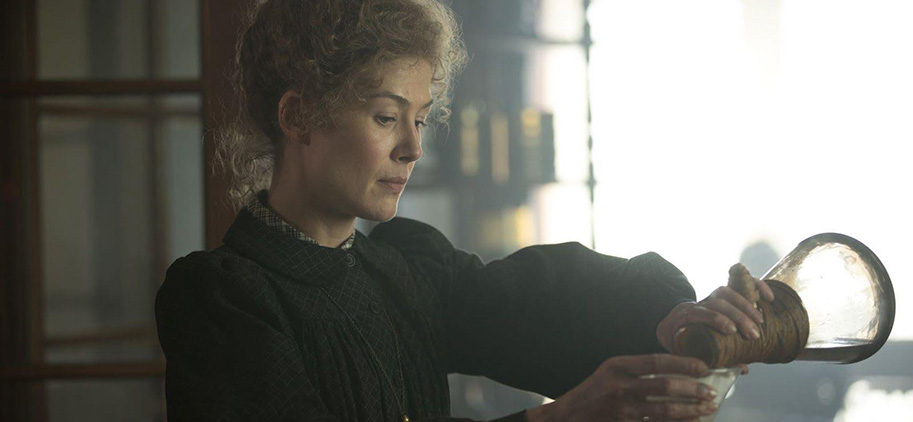
However, it becomes abundantly clear that the script’s intent to cover so much of Curie’s life means that no moment – including the discovery of radioactivity – have any sort of weight. Under the direction of Satrapi with Stéphane Roche editing, we’re raced from moment to moment without getting much time to glean any sense of gravity in what we’re watching. This is done as artfully, almost ethereally as possible – which does highlight gorgeous production design and the cinematography of Anthony Dod Mantle. But in terms of emotional substance, it makes the storytelling and pacing feel flat, with science-shattering discoveries coming off as blandly as Curie learning he’s been given a professorship.
As rote as the writing often is on a story front it succeeds in the depiction of Curie herself, giving Pike yet another great role to prove why she’s one of the great leading ladies working today. There’s a ton of complexity to Curie – in how she can be both uncompromising but undoubtedly stubborn when it comes to her work, or how she can seem almost aloof but undeniably affable when it comes to people. Pike commands the screen by flowing between the many facets of Curie’s personality and brilliance – including some great work alongside a solid Riley – even when the movie itself never quite nails the execution.
Pike even manages to rise above a script that at times seems at odds with itself in what it wants to say about her and her work. While there is undoubtedly a lot of good that came out of the discovery of radioactivity – one being its use in groundbreaking cancer treatment – Redniss and Thorne seem more focused on all the negatives. In Curie’s time that meant people like herself and her husband becoming sick from radiation exposure, and decades later in the usage of nuclear bombs and the Chernobyl disaster – with shoehorned sequences of the latter illustrating the horror to come out of radioactivity. After the death of her husband, Curie is shown trying to come to terms with the dangers of her discovery, which while justified, feels unfairly juxtaposed with events that came after her death. Very little time is spent on positives, like its use in treating cancer and other illnesses, which is simply skimmed over – which is a confusing approach given how Pierre is given moments to talk about how he believes more good will come from their discovery than bad. Altogether, it makes for a jumbled storytelling mess where at the same time we're meant to get to know more about Curie the person, it wastes its own breath by using scenes that ensure we don't forget the atrocities that came out of her work in the hands of men.
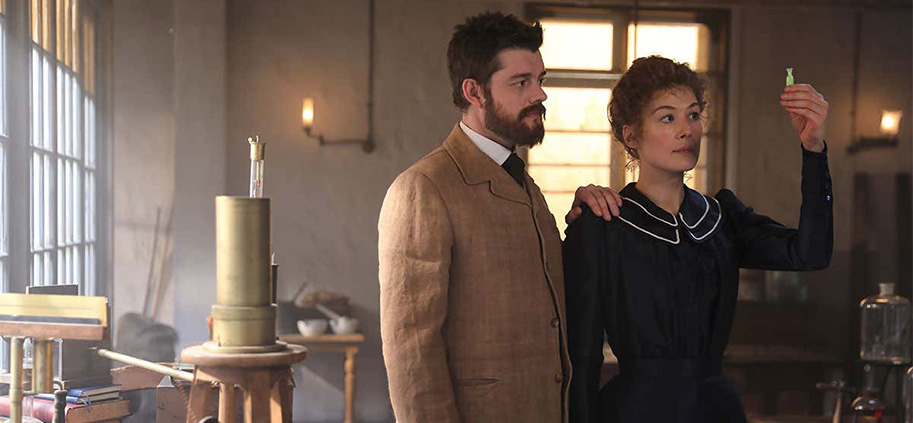
Unfortunately, even Curie’s triumph over the patriarchy is met with conflicting execution. Curie no doubt had to deal with the inherent sexism in the scientific community, and even though this is something that’s illustrated quite often, there’s included is a moment where Curie – speaking with her daughter, Irene (Anya Taylor-Joy) – says she suffered more from a lack of funding than she did from being a woman. Her overcoming domineering men is a central theme of the film, but it’s also one the script hints Curie herself would perhaps disagree with.
Even with a questionable storytelling approach, rushed pacing and, in general, trying to bite off much more than it can chew, RADIOACTIVE is a movie with good intentions. It wants so much to pull back the curtain on a woman people today may not know a lot about, and the artistic craft behind it makes for a mostly loving tribute, even if it's trying to be a way bigger film than it should've been. Stack on a winning performance from Pike, and you have a movie that I’m sure everyone went into with nothing but the best. The shame comes in the "how" of the movie and not the "why", and if you’re watching the movie from home, I can’t guarantee you won’t take to Curie’s Wikipedia page halfway through as a way of getting to the end on your own.


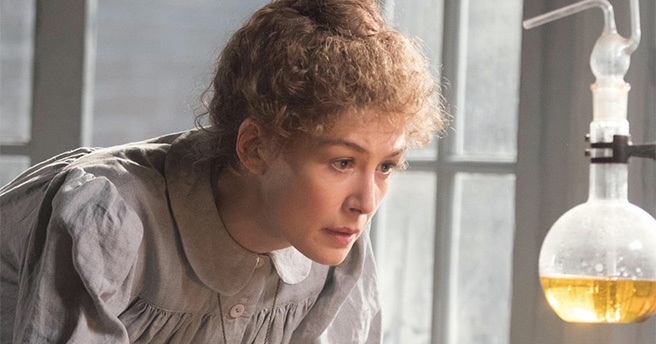



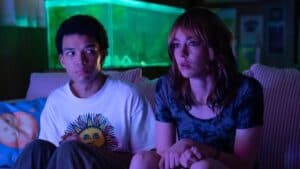



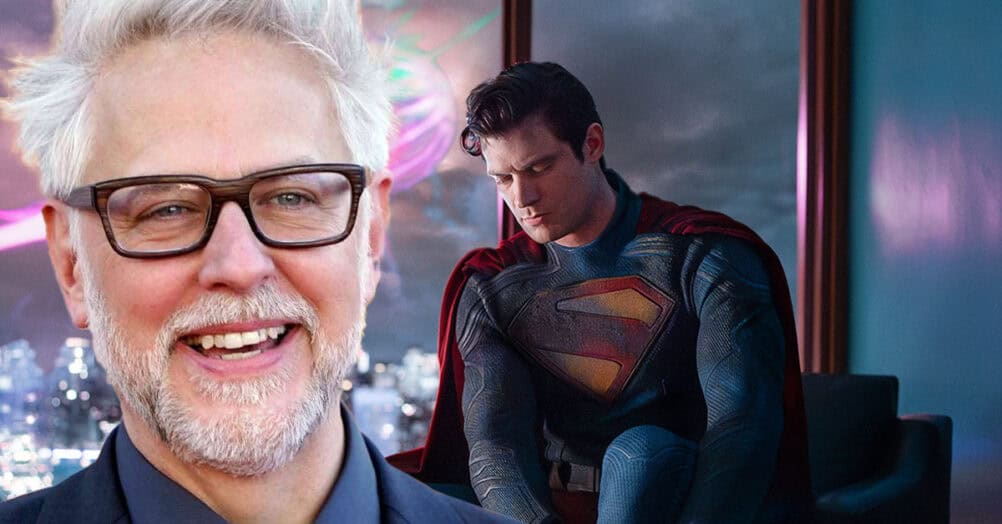
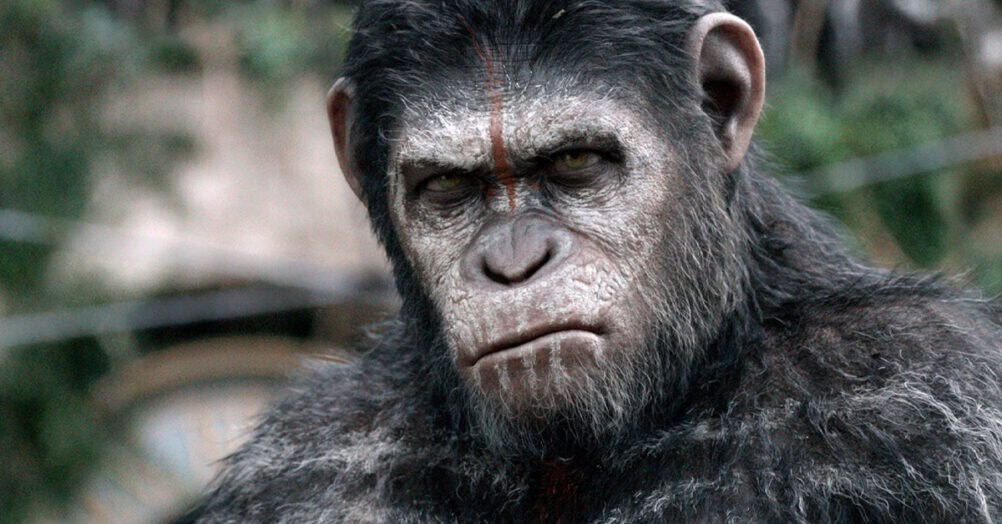
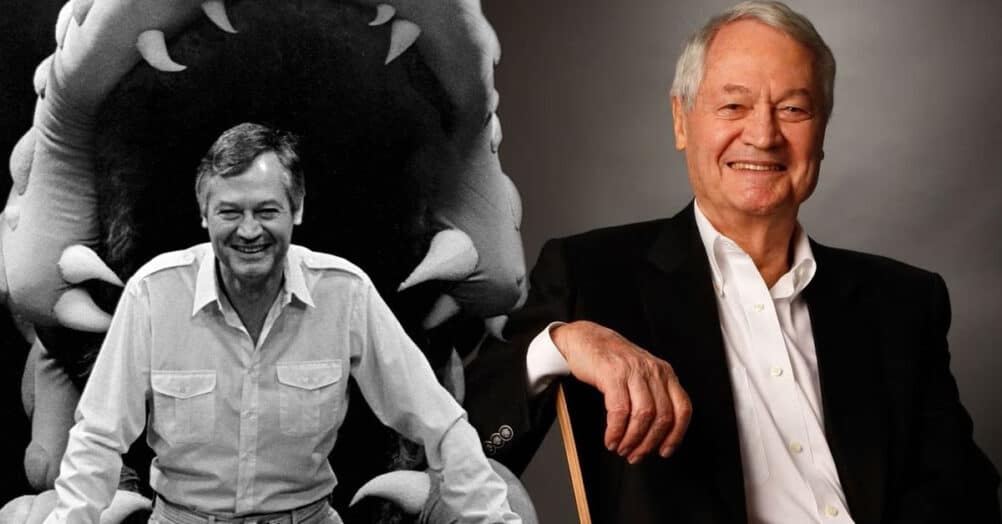
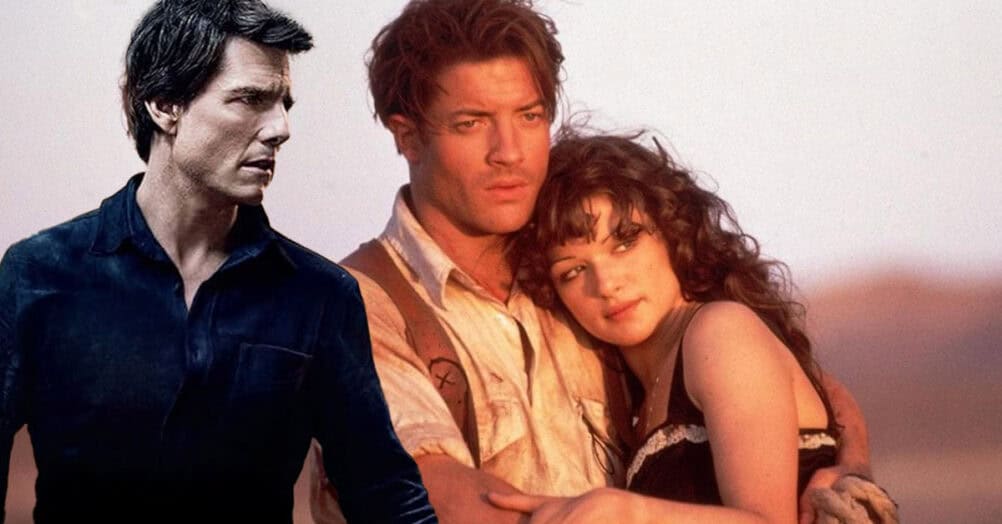
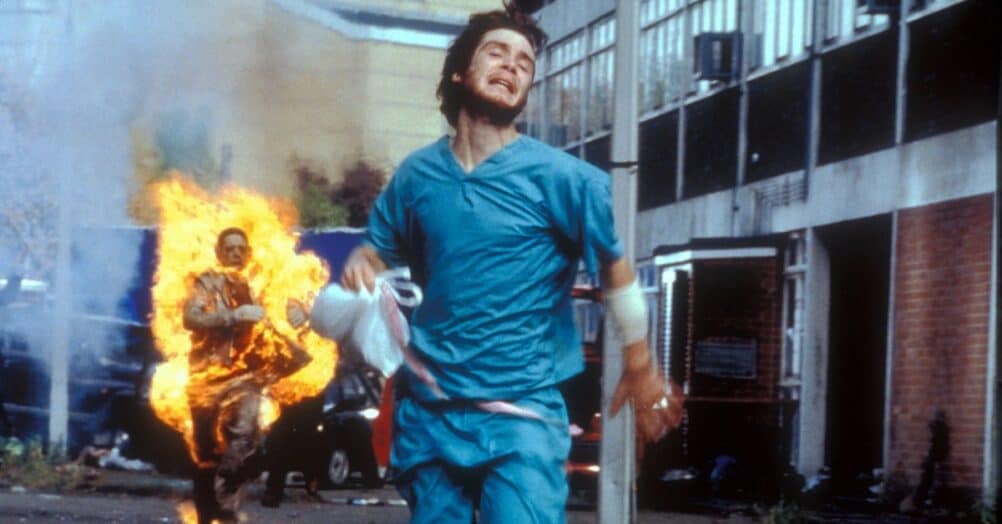
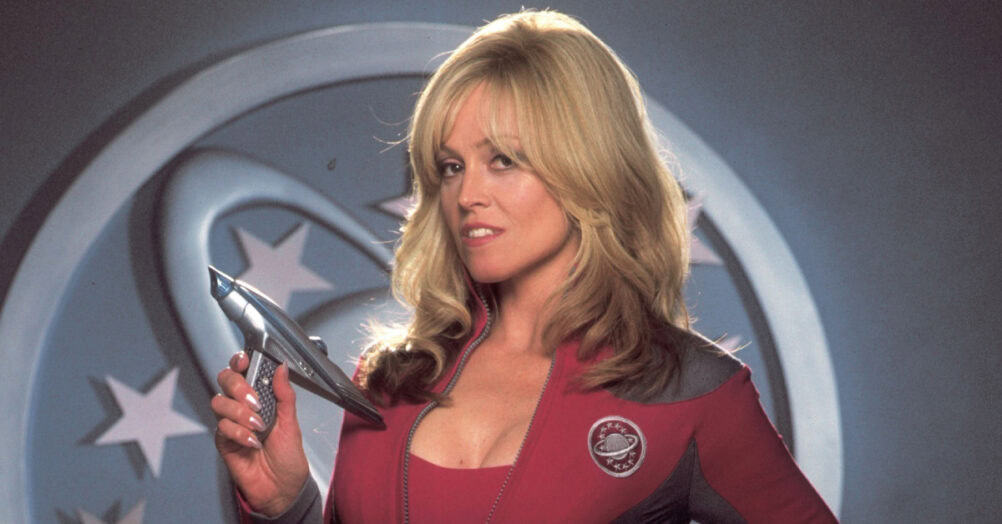
Follow the JOBLO MOVIE NETWORK
Follow us on YOUTUBE
Follow ARROW IN THE HEAD
Follow AITH on YOUTUBE